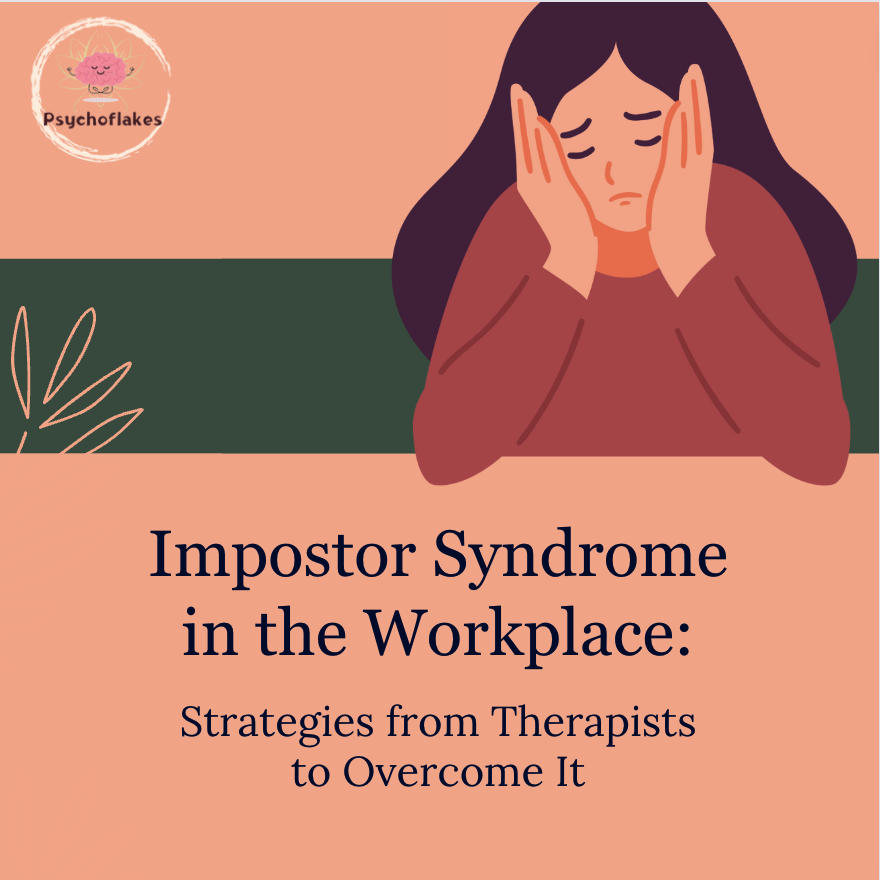What is Impostor Syndrome?
Impostor Syndrome is like a silent intruder in the workplace, casting shadows on achievements and sowing seeds of self-doubt. It’s the nagging feeling that your success is undeserved and that, at any moment, you’ll be exposed as a fraud. Despite evidence of competence, individuals grappling with Impostor Syndrome often live under the shadow of their perceived inadequacy.
Who Faces Impostor Syndrome?
This syndrome doesn’t discriminate; it can affect anyone from entry-level professionals to seasoned executives. The overachiever fearing exposure, the perfectionist convinced their work is never enough, and the trailblazer attributing success to external factors — all can find themselves entangled in the web of Impostor Syndrome.
Strategies to Overcome Impostor Syndrome:
- Acknowledge and Normalise: Begin by recognizing that Impostor Syndrome is a shared experience among high-achievers. It’s not a sign of incompetence but rather a challenge to be met.
- Reality Check:Seek feedback from colleagues and mentors. Often, external perspectives can provide a more accurate reflection of your capabilities.
- Positive Affirmations: Challenge negative self-talk with positive affirmations. Remind yourself of your achievements and capabilities regularly.
- Set Realistic Goals: Break down large goals into smaller, achievable tasks. Celebrate each accomplishment along the way.
- Seek Mentorship: Connect with mentors who can offer guidance and share their own experiences with overcoming self-doubt.
- Therapeutic Interventions: Professional therapy can provide a safe space to explore and challenge deep-rooted beliefs contributing to Impostor Syndrome.
Why Psychoflakes Recommends Addressing Impostor Syndrome:
At Psychoflakes, we believe in fostering mental well-being in all aspects of life, including the professional realm. Confronting Impostor Syndrome isn’t just about individual growth; it’s about cultivating healthy work environments where every contributor feels valued and acknowledged.
Embrace Your Authenticity:
As we conclude our exploration of Impostor Syndrome in the workplace, remember that authenticity is your greatest asset. Embrace your unique strengths, celebrate your victories, and recognize that you belong in the spaces you’ve worked so hard to occupy.


